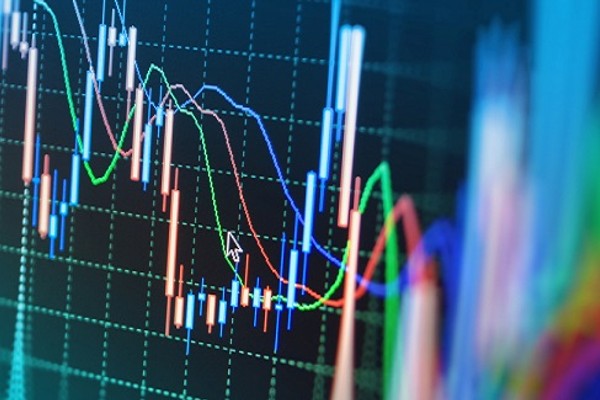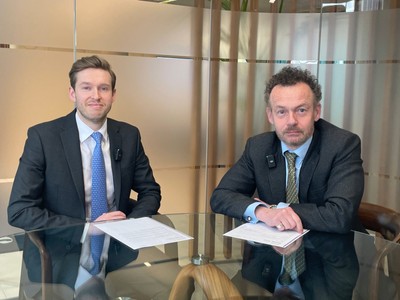After months of global equities lazily ticking higher and bond markets holding steady, the music stopped last Friday and the majority of asset classes have since taken a hit. It is worth bearing in mind that the falls this week were from all-time highs for many global equity markets and that the S&P 500 has only returned to the levels of December 2017. Nonetheless, the speed and severity of the market fall was notable and investors are understandably rattled.
So what has changed? Markets have been underpinned since Donald Trump came to power by two assumptions: 1. that the global economy is in reasonable health, with improving growth rates but inflation under control; 2. that central bankers have a steady hand on the tiller and that they are in no rush to surprise investors with particularly tight monetary policy. Both assumptions were called into question by US jobs data last Friday (2/2/18) showing an increase in average earnings growth to 2.9%, the most since 2009, whereas previously it has been static at around 2.5%.
This is just one reading and may yet prove to be fleeting, but it has been enough to fuel long-standing (but largely ignored) worries that inflation will rise and that central bankers will be forced into sooner and sharper rate rises than expected. In fact, Mark Carney, Governor of the Bank of England, on Wednesday (7/2/18) signaled the need for interest rate rises earlier and potentially larger than previously guided for.
While low volatility and steadily rising markets has been wonderful for owners of almost all assets (from equities to fine art), it has not necessarily been such a good period for active investors. The US is the largest global market and here active managers have been losing assets to passive funds, which track market indices such as the S&P 500, at a rate of knots. This has been on the basis that passive funds are generally cheaper and have on average performed better than active manager after costs in recent years. Active managers have struggled to differentiate themselves in markets where correlation between sectors and stocks have been high.
While investors may not enjoy these choppy markets, it should be remembered that fear and the volatility this causes should be seen as an opportunity for active managers to fight back. Markets ruled by excessive levels of fear and/or greed provide the inefficiencies in asset prices that active investors look to exploit. As Warren Buffett famously taught us – 'Be Fearful When Others Are Greedy and Greedy When Others Are Fearful'.
Fred Mahon, Fund Manager of Coleman Street Investments



